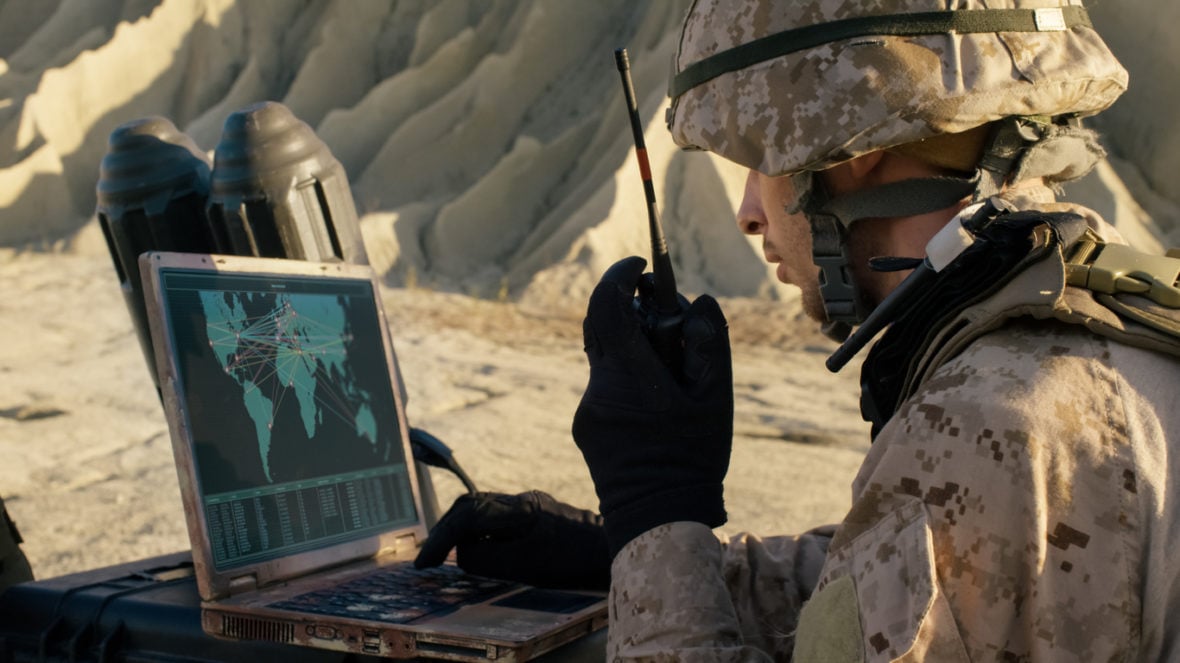
It’s often not easy to “get to yes,” particularly given the pace of business and the structure of organizations today. CEOs and other senior executives are under extreme time pressure, managing complex, high-stakes conversations across functional areas and divisions, with alliance partners and critical suppliers, and with customers and regulators. Many report feeling that they are constantly in negotiation mode—trying to gain approval for deals in which hundreds of millions (and sometimes billions) of dollars are at stake, in the shortest possible time frames, from people who may hold the company’s (and even the leader’s own) future in their hands. To these executives, negotiation isn’t just about transactions anymore; it’s about adapting to rapidly changing information and circumstances.
U.S. military officers around the globe confront this sort of challenge every day—patrolling in hot spots like Afghanistan and Iraq, attempting to persuade wary local leaders to share valuable information while simultaneously trying to distinguish friend from foe, balancing the need to protect their troops with the need to build indigenous support for America’s regional and global interests.
Extreme negotiation strategies outlined in the article include:
- Get the big picture: Start by soliciting the other person's or group's point of view. Use what you learn to shape the objectives of the negotiation and to determine how you'll achieve them.
- Uncover and collaborate: Learn the other party's motivations and concerns. Propose multiple solutions and invite your counterparts to improve on them.
- Elicit genuine buy-in: Use facts and the principles of fairness, rather than brute force to persuade others. Arm them with ways to defend their decisions to their critics, and create useful precedents for future negotiations.
- Build trust first: Deal with relationship issues head-on. Make incremental commitments to the encourage trust and cooperation.
- Focus on process: Concsiouly change the game by not reacting to the other side. Take steps to shape the negotiation process as well as the outcome.
You can find more information on our site about negotiation training and negotiation in general.
Authors:



.png?width=512&height=130&name=vantage-logo(2).png)

